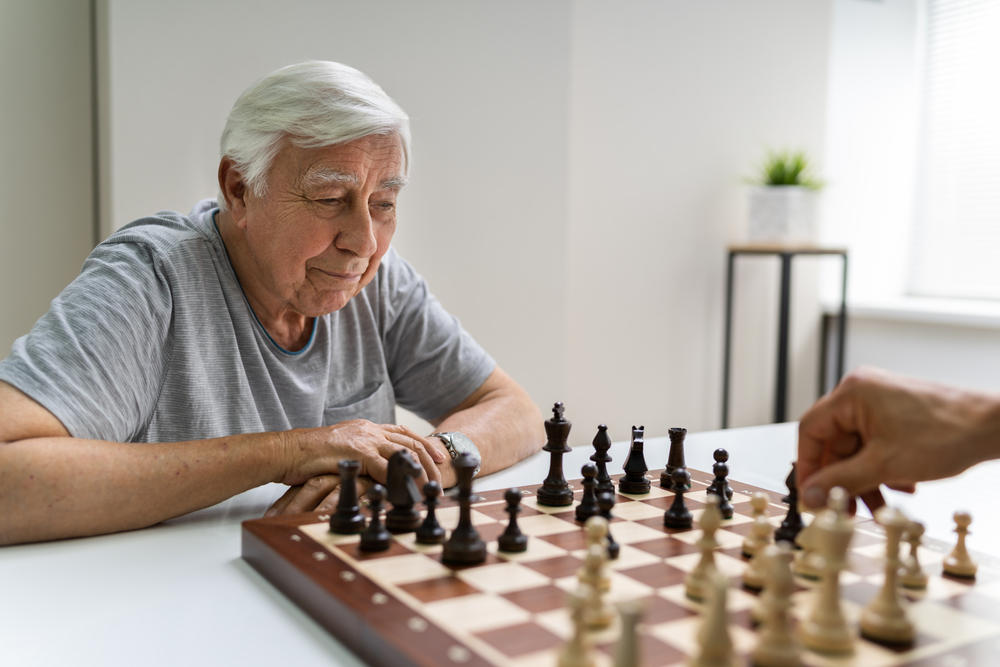Cognitive Changes in Elderly Adults
Category:

It is an unfortunate fact of aging that our bodies simply do not work the same way at age 65 that they did at age 25. On one hand, this is great news. Puberty, for example, is not a life stage anyone misses. But just like you can’t run as fast at 60 as you could at 30, our brains also begin to slow down. As such, cognitive changes in elderly adults can be expected, but are not always a cause for concern.
What is Cognitive Impairment in the Elderly?
It is important to remember that some cognitive decline in elderly adults is a natural part of aging and not necessarily a sign of disease. The brain is essentially just working less quickly and efficiently, whereas a brain disease like Alzheimer’s actually causes cells and neurons to die. Seniors often naturally make up for some cognitive decline without even realizing it by drawing on life experience and having the patience to allow their brain to wade through their wealth of knowledge.
List of Cognitive Changes in the Elderly
Here are some ways cognitive development in the elderly changes with age:
-
Processing speed – If you notice yourself or an elderly loved one needing extra time to think things through before responding, you are experiencing an issue with processing speed. This usually becomes obvious first with driving or complex tasks that require processing a lot of information quickly.
-
Memory – Memory is a complex subject, but when it comes to cognitive loss in the elderly, you can watch for elderly adults taking longer to learn new tasks, or taking longer to make complex decisions. Long-term memory and the ability to complete tasks that have been repeated for a long time (like brushing your teeth every morning) tend to remain stable.
-
Attention – As we age, it can become more difficult to focus and it is easier to be distracted.
-
Language Skills – This sounds scarier than it is. It really just means an elderly person may experience more “the word is on the tip of my tongue!” moments.
-
Executive Function – This essentially refers to the ability to think abstractly and make complex decisions. Again, these tasks may just take a bit longer than they did in the past.
-
Emotional Processing – Finally, some good news! Seniors tend to become more positive as they age, and recover more quickly from negative emotions.
How to Improve Cognitive Function in Elderly Adults
Now that we have listed the cognitive issues elderly adults can experience, here are some ways to potentially avoid those issues.
-
Practice using your memory. Make a list – something simple like things you need at the grocery store. Memorize the list, then try to recall it an hour or so later and see how many things you remember.
-
Use brain training games like Scrabble, Sudoku, or crossword puzzles. You can find a list of fun memory games for seniors here.
-
Learn something new, like a language or hobby.
-
Stay socially active. This doesn’t have to mean going out, especially if you have mobility issues. Friends and family members can visit, or you can schedule a weekly phone call with family who live far away.
-
Maintain physical fitness. Staying physically active and healthy will help keep your brain healthy and active as well. Something as simple as stretching can be very beneficial.
Cognitive decline in elderly adults is a natural part of aging and doesn’t have to be scary. Staying aware of what is coming, what is normal and what is not, and what you can do to help will all make aging less stressful and frightening for all involved.
Subscribe
Date: 2021-09-14
Category:


